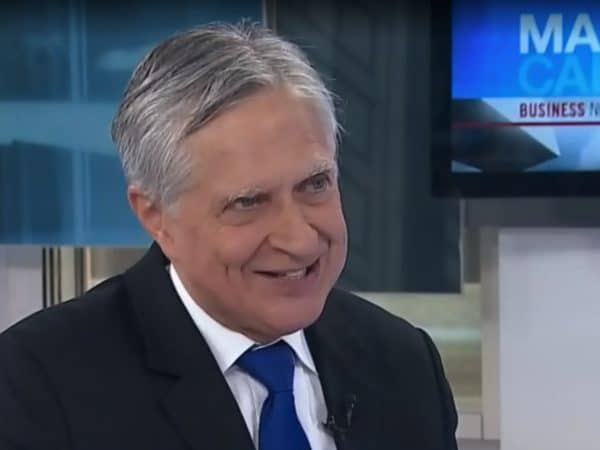
 Streaming content provider Netflix (NASDAQ:NFLX) beat analyst’s predictions last week for its first-quarter earnings, pushing its stock to a new record high.
Streaming content provider Netflix (NASDAQ:NFLX) beat analyst’s predictions last week for its first-quarter earnings, pushing its stock to a new record high.
The company’s lofty share price and bloated P/E ratio might be turning away some investors, but Netflix has created a solid business model, says Don Lato of Padlock Investment Management, who respects a company that can keep growing its subs while nonetheless jacking up their fees.
Last Monday, Netflix reported its Q1 financials, boasting 7.4 million new subscribers between January and March, which beat estimates of 6.5 million and brought the company’s total to 125 worldwide.
Revenues grew by 43 per cent year over year up to $3.7 billion (all figures in US dollars unless noted), even as the company announced it would be spending between $7.5 and $8 billion for the year developing its own content. The company recently announced that it would be raising another $1.5 billion in debt to fund its expansion, which comes on the heels of $1.6 billion raised last October.
The earnings report proved to the liking of most investors, who by last Wednesday had pushed Netflix’s share price to a record high of $338.82, representing a whopping 73 per cent increase for the year.
Lato says that he falls in the doubter camp, despite admitting that Netflix has a good thing going.
“My assessment on Netflix has been so wrong over the last two or three years. It was always one of those ones that I though was just way too expensive.,” he told BNN. “And it’s still way too expensive for me to include in my portfolio. But the company continues to click along. It had a great earnings report [last] week, with a record number of new subscribers. I guess it’s just something that I’ll leave for other people to make money on.”
“[Netflix] is still trading at 70x next year’s earnings and I think it’s over 100x this year,” he says, “but the one thing that they have — and they’ve already shown traces of it — is, you know, I’m a Netflix subscriber and I didn’t even notice when my bill went from $10 bucks to $11 bucks to $12 bucks. So, when you’ve got that huge install base, those dollar increases can make a huge impact on the bottom line. I can see a case for buying it.”
Netflix’s fee increases have in the past impacted its subscription rate and share price. Back in 2011, the company started to focus on its streaming content over its original DVD-by-mail service, causing a decline in customers and its stock to lose three-quarters of its value. This time around, subscription fee increases were responsible for a 40 per cent rise in sales over the first quarter.
Leave a Reply
You must be logged in to post a comment.





 Share
Share Tweet
Tweet Share
Share




Comment